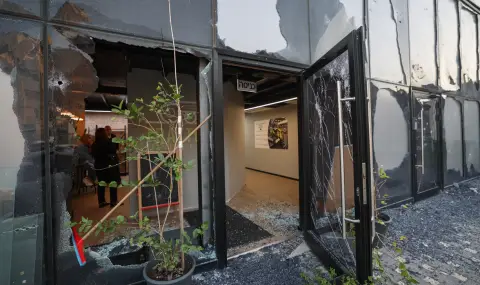Lebanese Shiite movement Hezbollah is ready to comply with the provisions of UN Security Council Resolution 1701, which includes a cease-fire between Israel and Lebanon, provided that the Lebanese file is included in the peace initiatives in the Gaza Strip. This was reported by the TV channel LBC with reference to a diplomatic source.
According to him, the Speaker of the Lebanese Parliament, Nabih Berri, informed Qatar and Egypt that the Hezbollah movement, according to "divide the fronts" and implementation of UN Security Council Resolution 1701, provided that the issue of resolving the conflict in Lebanon becomes part of the peace initiatives in the Gaza Strip.
A solution to the armed confrontation between Hezbollah and the Jewish state was discussed in Doha, where on Sunday representatives of Qatar, the US and Israel are due to hold consultations to resolve the conflict in the Palestinian enclave. According to an LBC source, Egyptian and Qatari officials will meet with Hamas and a high-ranking Qatari delegation will visit Beirut to clarify Lebanon's position.
The meeting in Doha, added the interlocutor of the Lebanese channel, “made a hole in the wall of difficulties”. According to him, there is “low progress” in the Gaza consultations, indicating the willingness of Israel and Hamas to exchange hostages held in the enclave and Palestinian prisoners held in Israeli jails.
Amid the conflict in the Gaza Strip, a new escalation between Israel and the Shiite movement Hezbollah began after a series of explosions of communication devices in Lebanon on September 17 and 18. Hezbollah blamed Israel for organizing the explosions, whose authorities did not directly comment on the incident, but announced an increase in military operations in the northern direction.
On September 23, Israel launched Operation "Arrows of the North". against Hezbollah formations, during which it carried out massive airstrikes on military targets of the movement. On the night of October 1, the Israeli army announced a limited-scale ground operation in the border areas in southern Lebanon.
